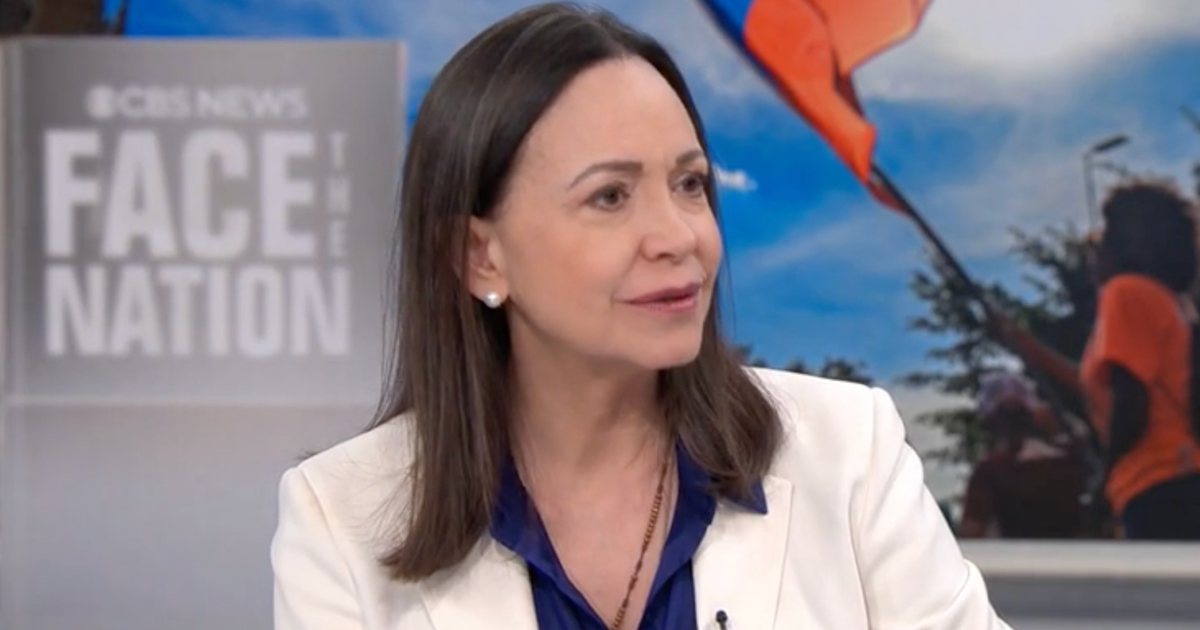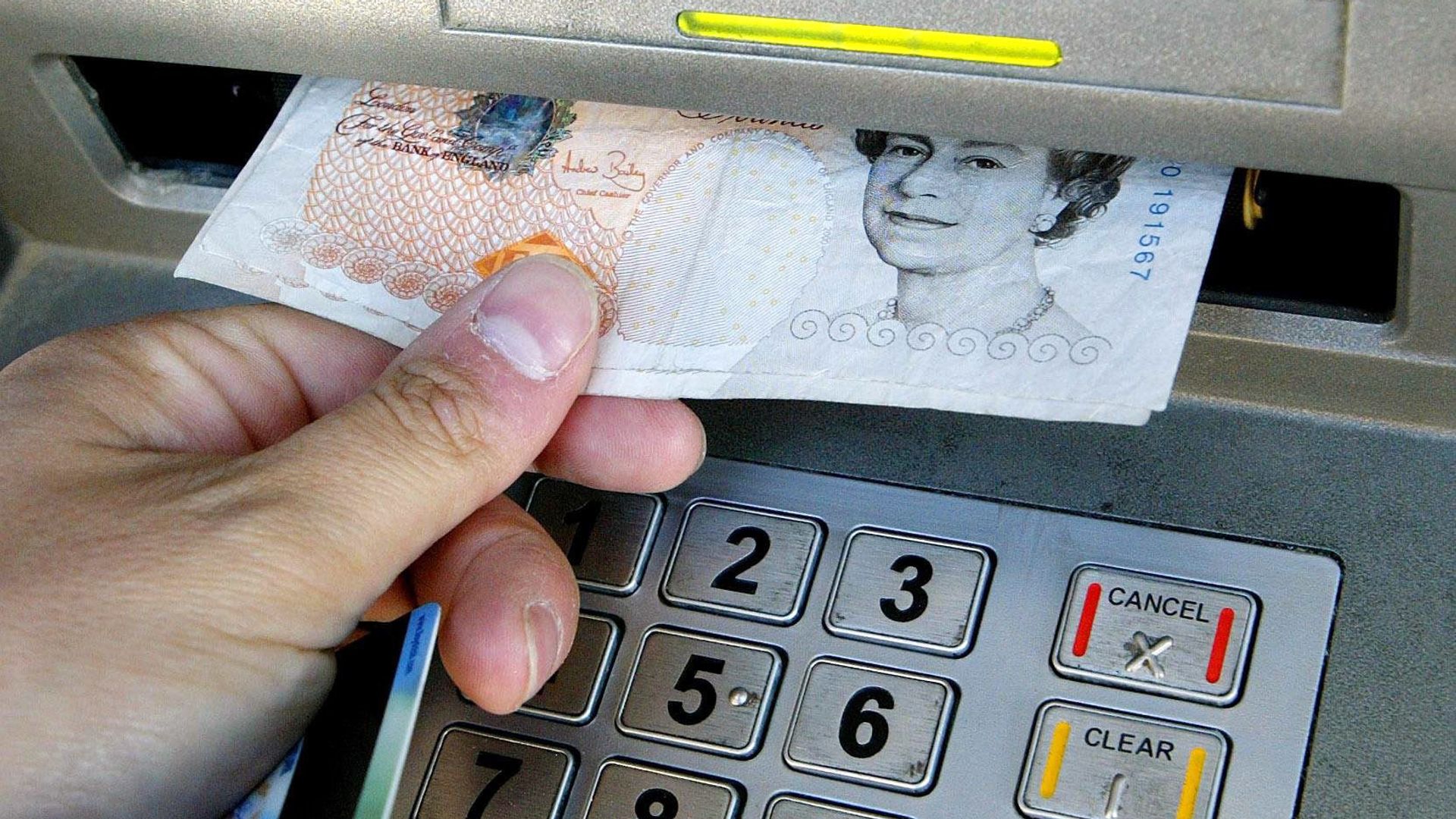
President Trump has long viewed tariffs as a potent weapon for raising revenue, boosting manufacturing and making it easier for American companies to sell their goods abroad.
This week, he deployed the threat of steep duties in more novel fashion by seeking to meddle in another country’s politics, a move that has raised new legal questions about the president’s powers over trade.
On Wednesday, Mr. Trump took aim at Brazil, warning that its exports to the United States could face a 50 percent tariff starting Aug. 1. The high rate was notable, but so was the fact that he linked such a punishing levy to Brazil’s treatment of its former president Jair Bolsonaro.
Mr. Trump sharply attacked the Brazilian authorities for the way they have treated Mr. Bolsonaro, who faces charges that he tried to orchestrate a coup and remain in power after a 2022 election defeat. To Mr. Trump, the allegations amounted to a “Witch Hunt,” and he appeared to demand that Brazil’s courts take action on Mr. Bolsonaro’s behalf; otherwise, the country would face severe trade penalties imminently.
Legal experts described Mr. Trump’s public admonishment as significant, as they questioned whether the president had the authority to issue tariffs in pursuit of purely political objectives. Congress primarily possesses the power to tax imports, though the president may act on his own in limited cases enumerated in law, particularly to protect national security.
Mr. Trump did cite other economic reasons this week for brandishing the steep new duties on Brazil, incorrectly claiming at one point that the United States has a trade deficit with the country. In fact, the United States exports more goods to Brazil than it imports.
But some former government officials and trade experts said they still saw the president’s missive as a new frontier in his ever-expanding global trade war, one that has already drawn a spate of legal challenges that could soon reach the U.S. Supreme Court.
“He’s found that tariffs can be a very effective weapon modifying the behavior of other countries,” said Wilbur Ross, who served as commerce secretary in Mr. Trump’s first term. Mr. Ross said protecting Mr. Bolsonaro had “nothing to do” with reducing the country’s trade deficit, one of Mr. Trump’s primary reasons for imposing tariffs.
Mr. Trump’s attack on Brazil still fit a broader pattern, in which he has tried to leverage the tools of commerce to assist his allies or advance an agenda unrelated to international trade.

In recent months, for example, the United States has imposed sanctions on those who have investigated Prime Minister Benjamin Netanyahu of Israel and his conduct during the war with Palestine. On Wednesday, the Trump administration said it would expand those penalties to include Francesca Albanese, the United Nations special rapporteur for the occupied Palestinian territories, who is assisting the investigation.
Separately, Mr. Trump has harnessed the specter of withering tariffs to facilitate his deportation of immigrants to Colombia, and he recently threatened to double tariffs on Spain after the country asked for wiggle room in spending targets for the North Atlantic Treaty Organization.
On Thursday, the White House did not immediately respond to a request for comment about its exact demands for Brazil, with which it still seeks to hammer out a trade agreement. That nation’s leader, President Luiz Inácio Lula da Silva, struck a defiant note on social media, signaling he would respond while maintaining that Mr. Bolsonaro “is the sole responsibility of the Brazilian Judiciary.”
Ted Murphy, a co-leader of the trade practice at the law firm Sidley Austin, said it was not clear “what authority” the White House might cite to impose a 50 percent tariff on Brazilian goods on the basis of that country’s treatment of Mr. Bolsonaro.
“Is a Brazilian political issue a threat to U.S. economic or national security?” Mr. Murphy asked, before offering an answer: “That seems like a bridge too far.”
In the meantime, Mr. Trump has forged ahead with his global trade war, waged publicly in a widening letter-writing campaign. Dozens of countries could face higher tariffs on their exports to the United States next month, the president has said, unless they strike a trade deal that satisfies him.
The looming duties are a revival of Mr. Trump’s trade brinkmanship, which could result in price increases for U.S. consumers and businesses. The president has insisted that his tariffs will be only beneficial for the economy, saying on Truth Social on Thursday that the United States is “taking in Hundreds of Billions of Dollars in Tariffs.”
At the center of his legal strategy is the International Emergency Economic Powers Act, a 1977 law that past presidents used only to impose sanctions and embargoes. Mr. Trump has adopted a more expansive and contested view of the statute, believing it empowers him to impose duties on a global scale without congressional approval.
From the beginning, Mr. Trump’s interpretation triggered a wave of legal challenges, as businesses, state officials and others argued that he had exceeded his authority under a law that does not even include the word tariff. In May, a federal court agreed, declaring many of Mr. Trump’s tariffs illegal, as a panel of judges determined he did not have “unbounded authority” to wage a global trade war.
The administration to filed an appeal, which remains underway, and government lawyers have said explicitly that they would fight the matter to the Supreme Court if necessary. Federal judges in the meantime have allowed the president to maintain his tariffs, after government lawyers successfully argued that an abrupt halt to the import taxes would undermine his credibility and deal making.
Jeffrey Schwab, senior counsel for the Liberty Justice Center, which is representing a set of small businesses suing the government, said Mr. Trump’s renewed tariff threats seemed only to affirm their arguments in the case.
“This is exactly why these tariffs are a problem,” he said. “They can change at the drop of a hat, and our clients can’t keep track of what the tariffs are going to be because they change so quickly.”
Mr. Schwab said he also expected the political threat against Brazil, in particular, to come up during the legal challenge. He said that the president’s primary justification for issuing tariffs under the federal economic-emergency law is to respond to a trade deficit, and that Mr. Trump’s attempts to protect Mr. Bolsonaro had “nothing to do with that.”
Mr. Trump could still issue an executive order imposing tariffs on Brazil that omits any mention of its political situation. In his letter this week, the president also faulted Brazilian leaders for their trade policies, accusing them of issuing “SECRET and UNLAWFUL Censorship Orders to U.S. Social Media platforms.”
Greta Peisch, a former trade official who is now a partner at the law firm Wiley Rein, said it was too early to tell how the courts might evaluate the president’s approach. The White House has communicated it only in a letter, rather than through an executive order, so the legal authorities it plans to cite — and its rationale for using them — remain unclear, she said.
But Ms. Peisch added: “The Brazil letter does feel unique. Most of the tariff actions have been grounded in trade issues.”
Jack Nicas contributed reporting from Rio de Janeiro.











-3.png)



